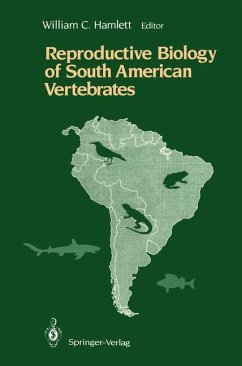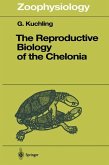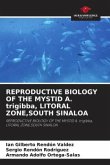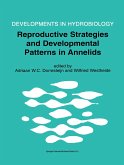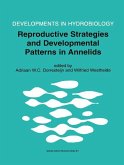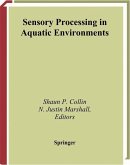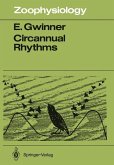South America is one of the few areas of the world that includes vast areas of as yet undisturbed natural habitats. These areas are home to as many as half the world's species of plants and animals. Many of the animals inhabit ing these areas are of direct and immediate economic importance, while others are of unknown potential value. With economic development of these areas, there is a coincident disruption of natural habitats that have a direct impact on the reproductive capabilities of the affected species. Re production is central to the survival of all species and, regardless of the environmental stresses imposed on them, scientific attention must be fo cused on reproductive biology as a way to deal with these pressures. It is vitally important to gather as much research data as possible on the repro ductive biology of the species on this continent in order to provide gov ernmental agencies and scientists with the most accurate information on which to base decisions regarding development. This volume is intended to draw attention to these pressing matters by gathering a wide representation of scientists actively engaged in reproduction research relating to South American vertebrates. It is intended that this volume will serve as a re source for individuals and organizations interested in reproductive biology and species survival. An additional benefit is that economically important species, as well as potentially important ones such as sharks, will be dis cussed.
Bitte wählen Sie Ihr Anliegen aus.
Rechnungen
Retourenschein anfordern
Bestellstatus
Storno

